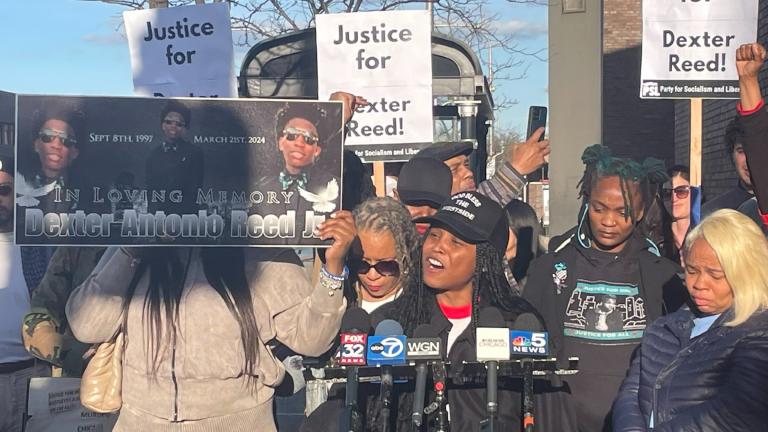Across Illinois, children are learning about Black history this month after protests erupted across the U.S. over the killing of George Floyd last year.
But some people believe the way Black history is being taught is doing more harm than good.
In August, state Rep. La Shawn Ford issued a call to abolish teaching history in Illinois schools, citing concerns that the way the subject is taught in its present form foments white supremacy and racism.
“I think the most important thing we have to recognize when we talk about history: it’s not inclusive and Black history only really starts with slavery, when Blacks were enslaved, and that’s a problem,” Ford said. “People should know Black heritage, and the culture of Black people, and our history doesn’t do that in our schools in America.”
Maureen Tatsuko Loughnane, executive director of the nonprofit education organization Facing History and Ourselves, says she agrees with that perspective.
“Black history is American history, it is our history, and that all educators have a responsibility to teach that history in its fullness year round,” she told “Chicago Tonight.”
Ford, a former Chicago Public Schools teacher, says the materials and curricula used in Illinois to teach history reflect outdated perspectives and incomplete information.
“There’s a need to change the standards in Illinois of how we teach history, and there’s a need to change the textbooks and curriculum that we’re using,” he said.
Loughnane says her organization stands ready to help teachers who want to make connections with their students on challenging topics like slavery and the Holocaust.
“So many teachers are not equipped to have those types of difficult conversations with the students they teach,” she said. “Facing History’s approach is really to help educators have a clearer understanding of how their identities interplay with the identities of the students they’re teaching … we provide for the teachers tools that they can create safe spaces for students and teachers to really connect on this topics.”
Ford summarizes the current national approach to teaching history with a reference to a recent Chicago Sun-Times column by Neil Steinberg.
“He said, ‘History isn’t here to make you feel good.’ … Our history tries to make us feel good … and we’re trying to change that,” Ford said.








